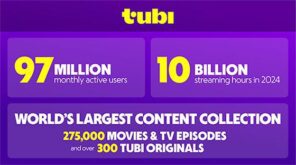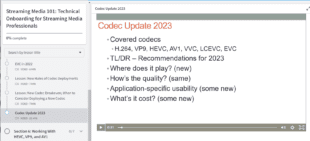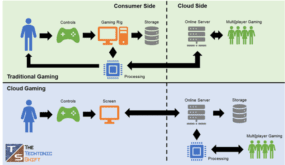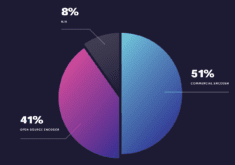My article, The Great UHD Codec Debate: Google’s VP9 vs. HEVC/H.265, is up on Streaming Media. Here’s the intro that describes what I tried to do.
As of today, the great UHD codec debate involves two main participants: Google’s VP9 and HEVC/H.265. Which one succeeds—and where—involves a number of factors and will likely differ in various streaming-related markets, which I discuss in the “State of Codecs” article in the 2015 Streaming Media Sourcebook. While the actual performance of the two codecs is a consideration, it’s generally not the deciding factor—certainly it wasn’t with VP8 and H.264. Still, codec performance matters, and in this article I’ll analyze just that, looking at three criteria: quality, encoding time, and the CPU required to play back the encoded streams.
Here’s my conclusion:
If you were hoping that the UHD debate would be decided by a distinct qualitative or performance advantage one way or the other, you’re out of luck. From a quality perspective, the two codecs are very close, as they are in playback CPU, though VP9 does seem to have clear advantage in encoding efficiency. Overall, as with H.264 and VP8, it appears that the winner or loser between HEVC and VP9 will be selected by the politics of the situation, not based upon pure codec quality and performance.
Click here to read the article.
 Streaming Learning Center Where Streaming Professionals Learn to Excel
Streaming Learning Center Where Streaming Professionals Learn to Excel







